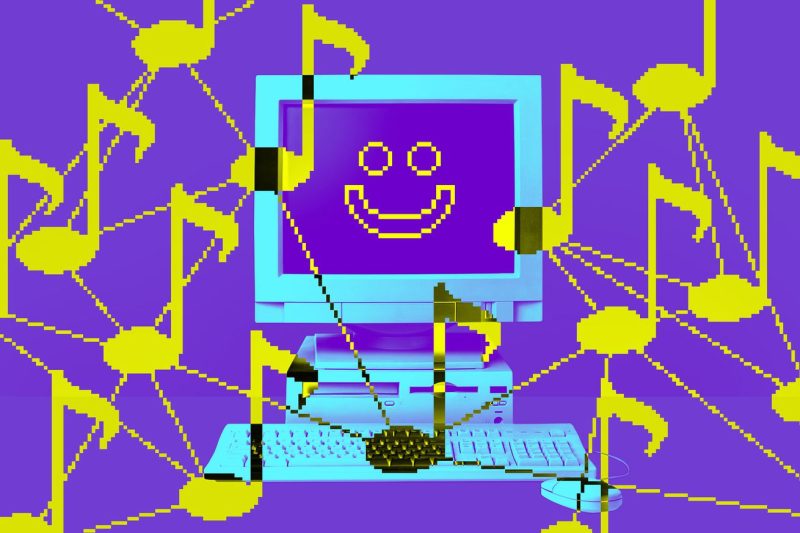
Decoding the Impact: RIAA Lawsuits Unveiled in the Realm of AI and Copyright
The recent spate of lawsuits filed by the Recording Industry Association of America (RIAA) against companies developing artificial intelligence (AI) has sparked significant debates about AI and copyright. A key aspect of these lawsuits is the alleged infringement of copyrighted music through the use of AI technologies. As the legal battles continue to unfold, it is essential to delve into the implications of these lawsuits for the intersection of AI and copyright.
One of the central issues in these lawsuits is the question of whether AI-generated music can constitute copyright infringement. The RIAA argues that AI-generated music that mimics existing copyrighted works too closely violates copyright law. However, proponents of AI technologies counter that AI is simply a tool that generates creative works based on existing data and should not be treated as a direct copy of copyrighted material.
The outcome of these lawsuits has the potential to set a precedent for how AI-generated content is treated under copyright law. If the courts rule in favor of the RIAA, it could have far-reaching implications for the development and deployment of AI technologies in various industries, not just music. Companies may have to navigate stricter copyright laws and regulations when using AI to create content, which could stifle innovation and creativity in the AI space.
Moreover, these lawsuits highlight the evolving complexities of copyright law in the digital age. With AI becoming increasingly sophisticated and capable of generating high-quality creative works, the traditional boundaries of copyright law are being tested. It is crucial for lawmakers and legal experts to adapt copyright regulations to account for the nuances of AI-generated content while still protecting the rights of original creators.
Another important aspect to consider in the context of AI and copyright is the concept of fair use. Fair use allows for the limited use of copyrighted material without permission for purposes such as criticism, commentary, and research. As AI technologies continue to blur the lines between original and derived works, the application of fair use in the AI space becomes more complex. It is essential for courts to carefully consider how fair use applies to AI-generated content to strike a balance between protecting the rights of copyright holders and fostering innovation.
Furthermore, these lawsuits underscore the need for clear guidelines and regulations surrounding the use of AI in content creation. As AI technologies become more prevalent and powerful, it is imperative to establish frameworks that delineate acceptable uses of AI-generated content while respecting intellectual property rights. Collaborative efforts between technology companies, legal experts, and policymakers are essential to develop comprehensive guidelines that promote innovation while upholding copyright laws.
In conclusion, the RIAA lawsuits against companies developing AI technologies raise critical questions about the intersection of AI and copyright. The outcomes of these legal battles will shape the future landscape of AI development and content creation. It is crucial for stakeholders to engage in constructive dialogue and collaboration to navigate the complexities of AI and copyright law effectively. By adapting regulatory frameworks and embracing technological advancements responsibly, we can foster a creative and innovative environment that benefits both creators and consumers.
